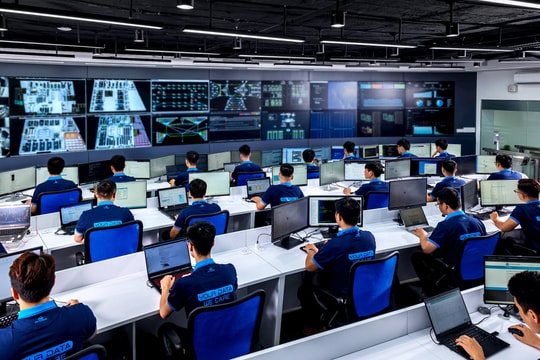LEADING THE FOURTH INDUSTRIAL REVOLUTION
From the world of the nomophobics, it is hard to comprehend the concept of having to meticulously manage the cents in the top-up account or the idea of having to remember your parents' number. Yet it is not a distant past where, as people often said, "a phone call costs your breakfast". Mobile phones - not the iPhone, mind you - were a privilege of the riches less than two decades ago and while costing as much as a gold bar, they did not even work outside of the cities.
It was, in October 2004, the start of a revolution when this seemingly insignificant company, Viettel, popped up onto Vietnam's telecommunication stage, long dominated by the Vietnam Posts and Telecommunications Group (VNPT). In just 15 years, the newcomer pushed the mobile perpetration ratio of Vietnam from a mere 5% to 95%, constructed a network that provides coverage to 99% of the country, all the while managed to become a multi-billion conglomerate. For anyone who was born in the mobile-less 80s, the rise of Viettel was a miracle.
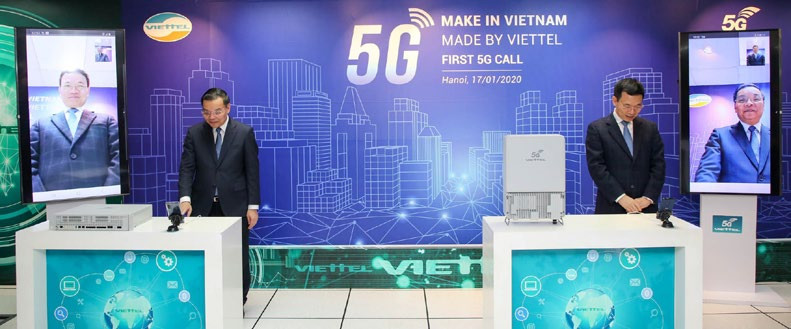
The story might end there if the company did not come into the mass media's center of attention in January 2020 for announcing a successful 5G phone call on equipment developed in-house. Vietnam, despite its rapid economic growth, was late in introducing 3G and 4G. Now, the country is aiming to be one of the firsts in South-East Asia to deploy
5G commercially and having its own 5G equipment produced. Even though this goal was meet with a mixture of bewilderment and doubt from the media and experts, Vietnam's aim is clear: to have digital transformation as the driver for its economic growth. This plan relies on the assumption of having a strong connected infrastructure that enables transformation in every aspect of the economy.
This is where Viettel's 5G would fit in the digital transformation puzzle. From championing the mobile revolution 15 years ago, the Vietnamese telco, now one of the largest state-owned company, are expected to spearhead the new digital revolution of the country. In its 30th anniversary, Viettel Group's chairman, Le Dang Dzung, announced the group's vision for the "next period of growth". In this period, he said, the company will provide to the country the platform for the 4.0 revolution in the form of a state- of- art telecommunications and I.T. infrastructure. In the short term, the group is investing heavily in a nation-wide 5G and IoT network to connect every device in the country, allowing the development of automation and data analytics with no latency.
The stake Viettel is aiming for is tremendously big. A research from McKinsey indicates the transformation by deploying connectivity in only four commercial domains: mobility, healthcare, manufacturing and retail could increase global GDP by $1.2 trillion to 2$ trillion in the next 10 years. To be the provider for this growth alone could reward Viettel handsomely, yet the group is aiming higher. Viettel is planning its own transformation from a telco to a digital services provider, joining new businesses like digital payment, content, education, e-commerce, security…
Answering VnExpress, Le Dang Dzung said he is expecting Viettel's huge customer base in 11 countries and its own technical, human resources to launch the group into digital success. "Viettel has more than 100 million customers worldwide. Why would we not provide our own customer with our services and allow the others to do that?" the group's chairman ask the question.
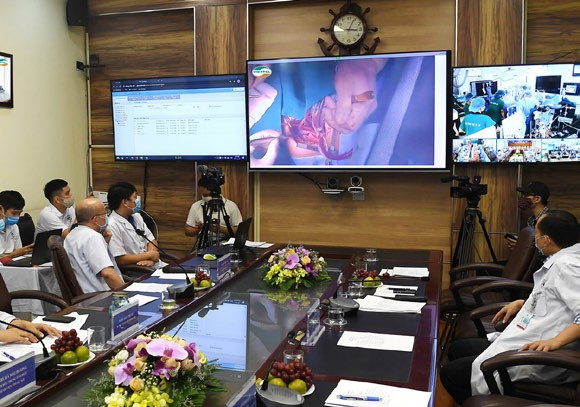
BECOMING THE DIGITAL TRANSFORMATION
Coasting the west of Hanoi toward the direction of Noi Bai International airport, drivers are surrounded by the sprawling high rise buildings that grew along with the capital. Lying within the concrete jungle, if onlookers are attentive enough to the right, is a crescent-shaped 8-floor structure covered in greeneries. This trend defying building is the new Viettel's headquarter. Opened for the first time in 2019, the building is a project to commemorate the 30th anniversary of the group. Looking at the building now, outsiders would not know that the telco giant, which used to be named SIGELCO, was a construction company.
Explaining how a small company like SIGELCO was able to overcome the odds to become a country's giant today, Viettel's managers always point at one thing: Culture. For a long time, Viettel has gained the reputation of having a strong business culture which emphasizes discipline, resiliency and flexibility. But for the new challenge of digital transformation, this culture needs to be revitalized. "It's the mindset. Everyone in this organization must think digitally, try to solve the customer problem by digital means. If we were to create a digital society anywhere, we must first become a digital company ourselves." The group's chairman said.
To facilitate the digital transformation progress, Viettel is also pouring effort into integrating digital transformation to its decision-making capability. By collecting data from every business operation into the Data Lake for analysis, the group is making sure that every operation is data-driven. At the same time, Viettel is working closely with international consultants to digitalize and restructure its business processes management into a single ERP system complying with international standards.
The advantage of early digital transformation has already started to show when it provided Viettel with the much-needed edge in 2020 while the global economy slumped due to the COVID-19 pandemic. In the first half of 2020, the group reports total revenue grew by 9.1% YoY to $5.1B, earning before tax reached $853 million. Revenue from new services on digital platforms grew 57% YoY. Consumer digital services brought in $10 million in revenue, a 60% increase.
The group determination in leading the digital revolution is also reflected in the decision to introduce three new companies in just three months. In April 2019, the group announced the foundation of Viettel Cyber Security. In May, the company introduced Viettel High Technology, the R&D arm that currently handing their ambitious 5G project. In June, the group unveils their digital financial company, Viettel Digital Services, with the marquee product ViettelPay. Later, in October 2019, Viettel also founded Viettel Business Solutions which specialized in providing digital solutions to business. Together, these companies are expected not only to bring new revenue streams to Viettel but also help the group gain foothold in businesses that are important to the digital transformation process.
THE FUTURE OF NOW
If digital transformation evokes the imagination of a distant future of flying cars and human-like robots, the fact remains that this process has long started across the globe at various levels. In Vietnam, Viettel's head start in digital transformation is already starting to bear fruits for the nation In Hanoi, the first heart surgery operation was successfully carried out in August for patients at Phu Tho General Hospital through the Telehealth system developed by Viettel Group. The technology, which allows doctors in the city to supervise and provide instruction for complicated operations remotely, has been implemented at many hospitals, including Hanoi Medical University Hospital, Central Pediatric Hospital to provide connection to dozens of provincial hospitals across the country.
In Hue, the citizens are getting used to taking pictures of incidents happening in the city and sending it back to the Smart City Monitoring and Control Center (IOC) through their mobile phone and have the problems solved in a matter of hours. This is one of the ways the IOC, developed by Viettel Group, has become the "heart" of the city where all its activities are coordinated. The IOC provides a central location where all the data of the activities in the city become available to the authority and the public, at the same time allowing free exchange of information between city's official, businesses and citizens.
On the financial front, all eyes are on mobile money. After years of delay, the service is likely to get the green light of trial deployment this year, according to the Ministry of Information and Communications. Different from mobile wallet, which is what Momo, AirPay are providing, mobile money allows mobile network subscribers to use the money in their top-up account to make financial transactions. This change would effectively provide financial opportunity to the 50% or the Vietnamese population who does not have access to the banking system. Viettel, through their mobile financial product, ViettelPay, has been the hardest advocator of the change.
These are just a few examples of how Viettel's product has integrated into the life of the Vietnamese people. Just within two years from when the group announced it goal of constructing a digital society in Vietnam, its companies has provided to their customer a myriad of digital product and services ranging from online education to business analytics and security.
"We are going through the period of utmost importance for the success of the digital revolution of Vietnam. It is the role and responsibility of the tech companies to define the new digital economy and to bring growth to the country. With this in mind, Viettel take upon itself the responsibility of a leading corporation in technology and industry. This will be our great transformation." Le Dang Dzung, Viettel Group's Chairman said.


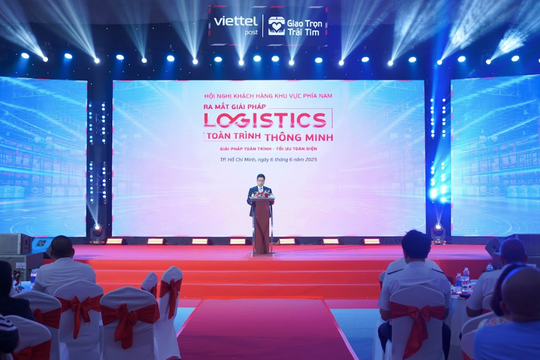
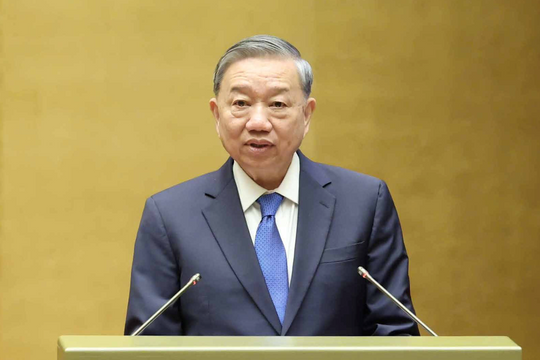
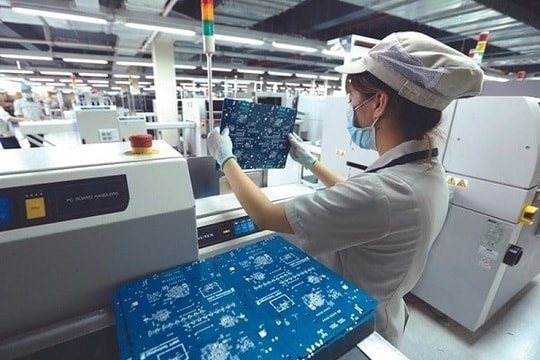

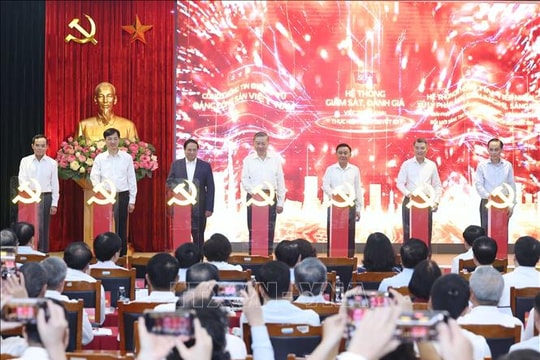

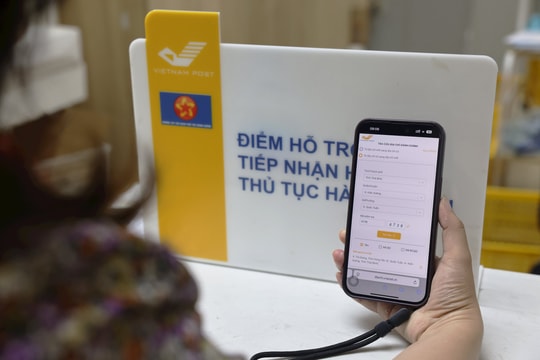


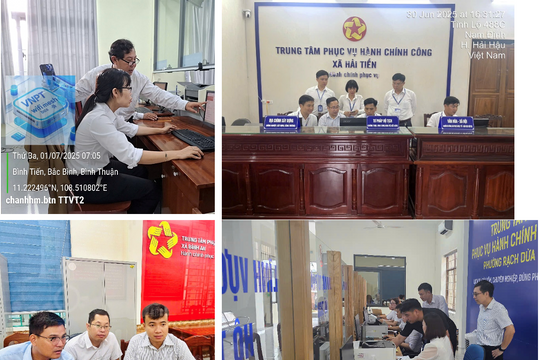
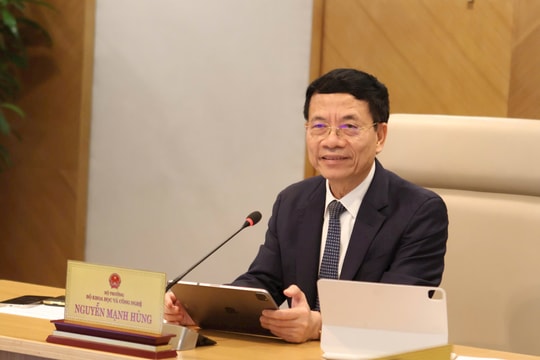
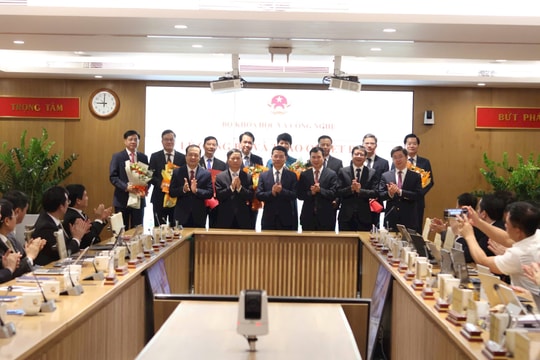
.png)

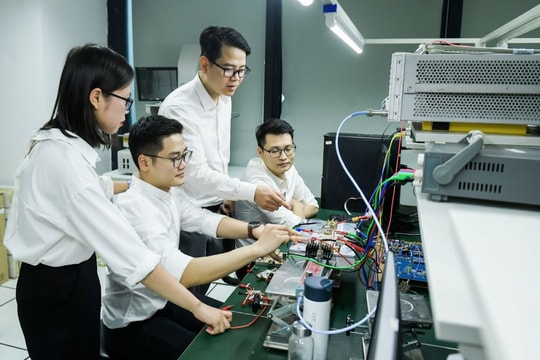

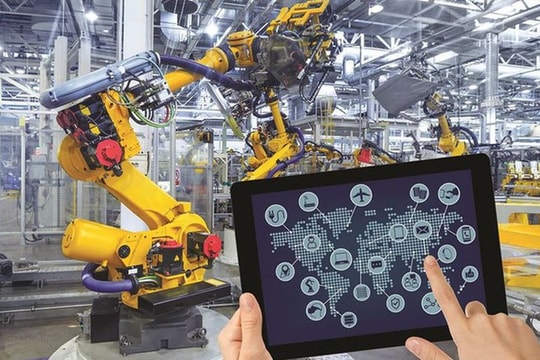
.jpg)
